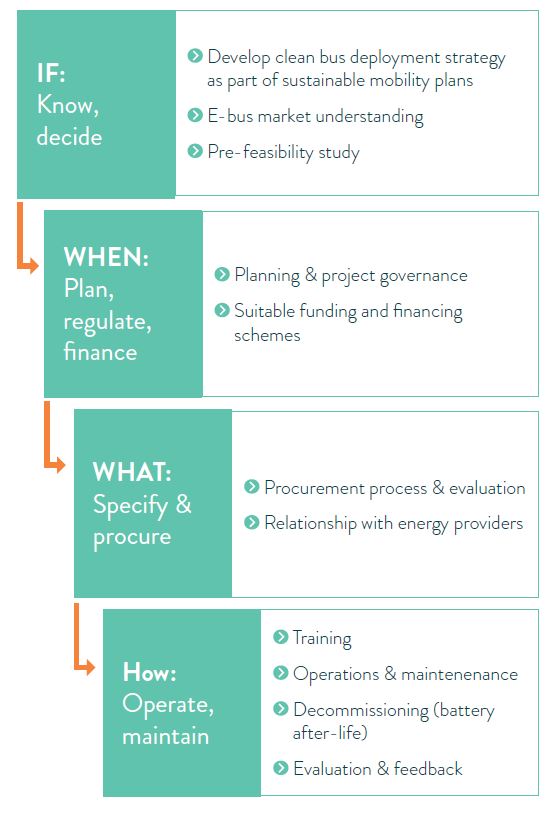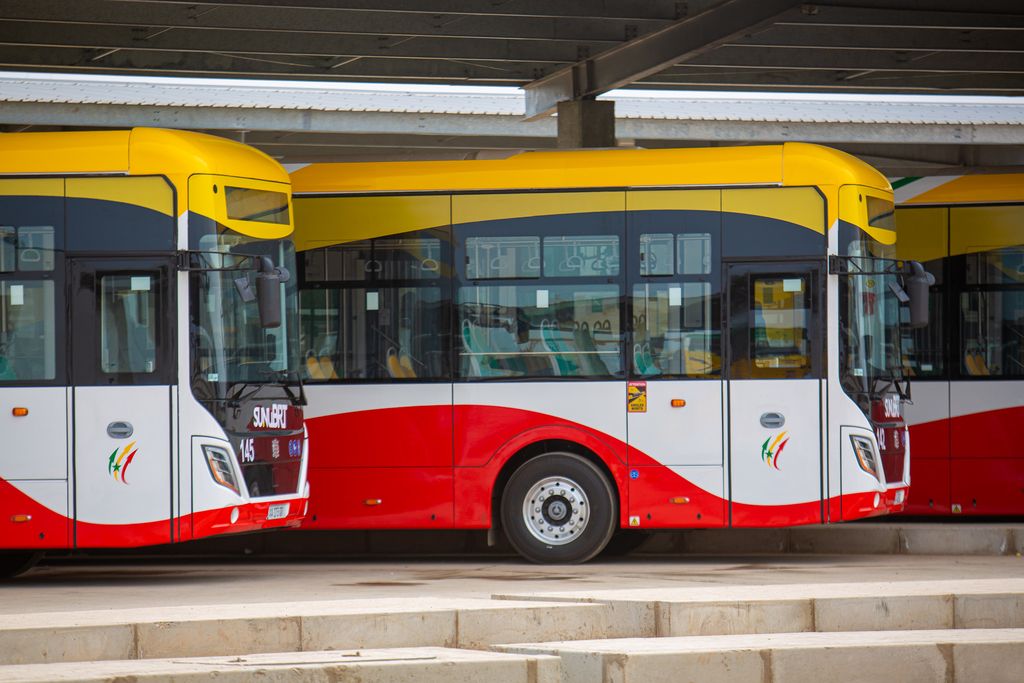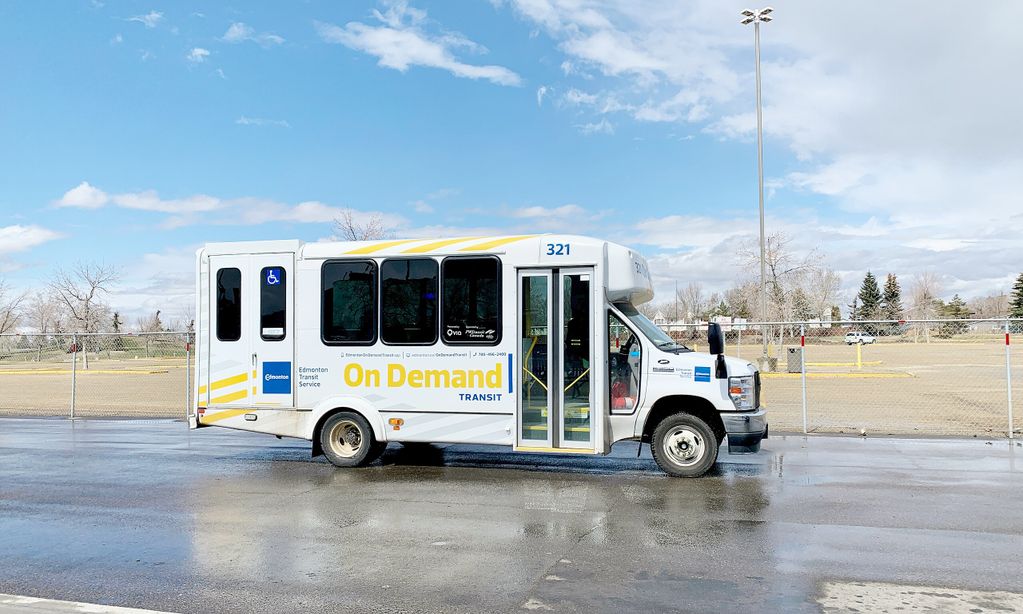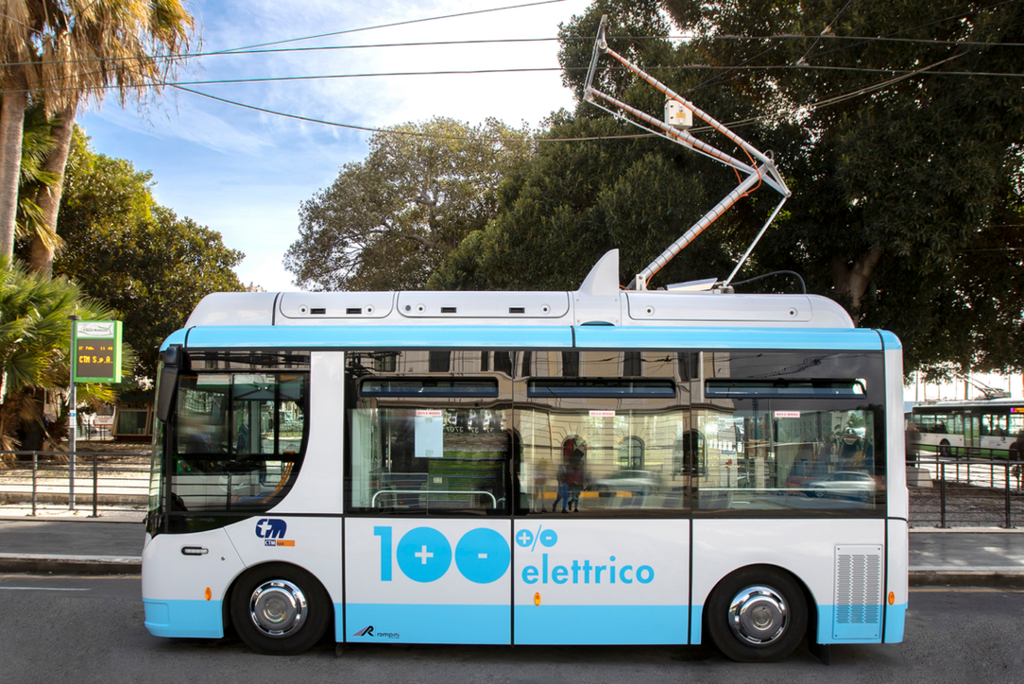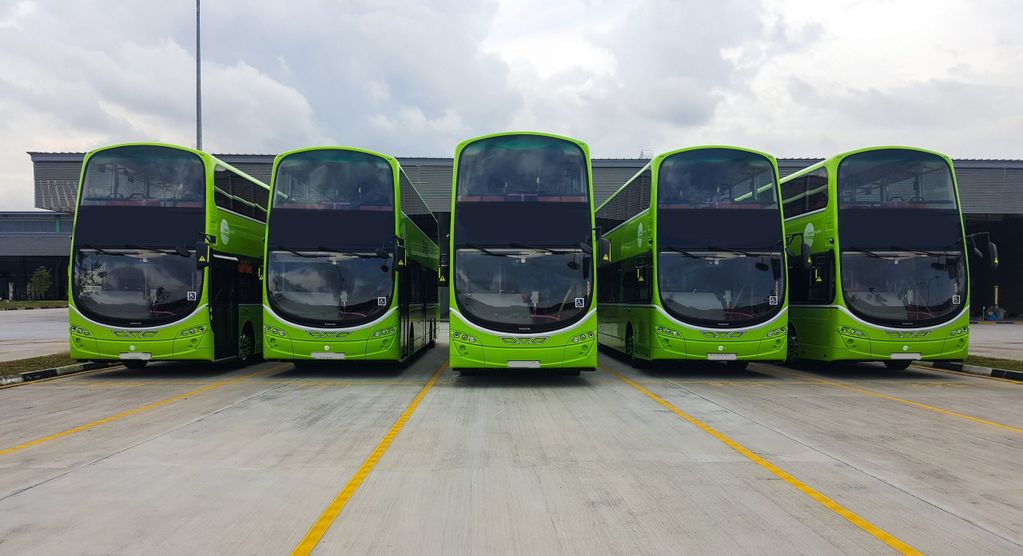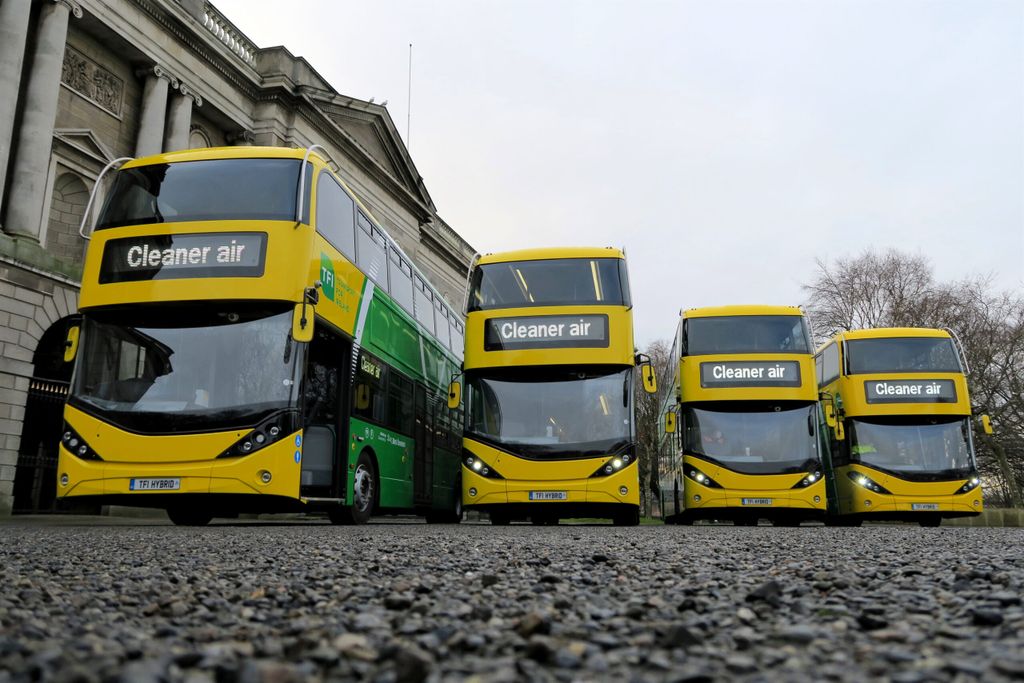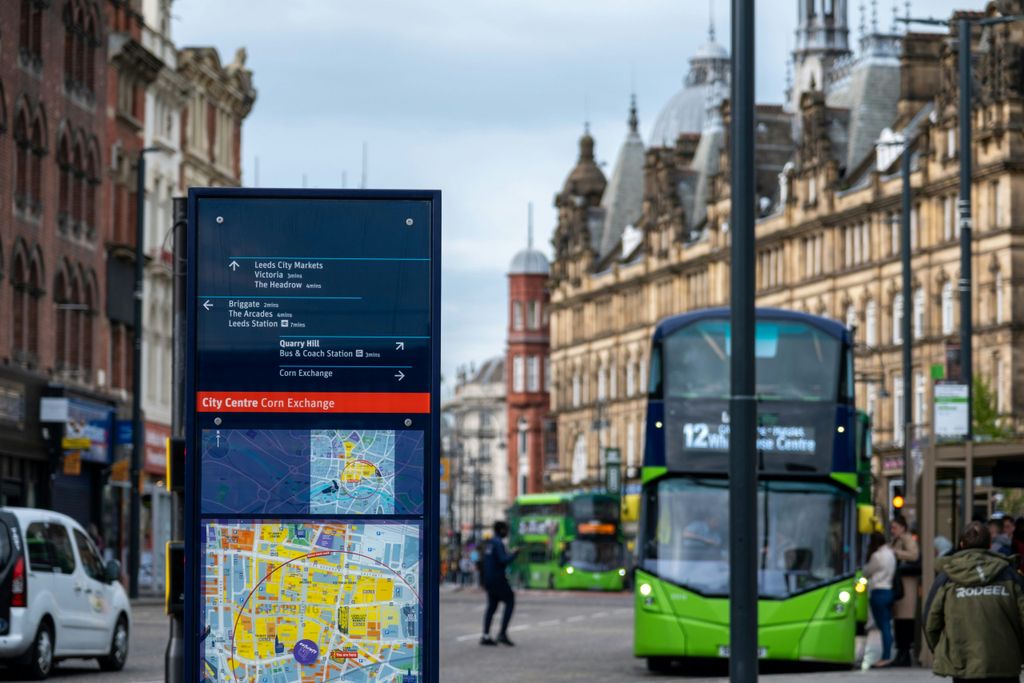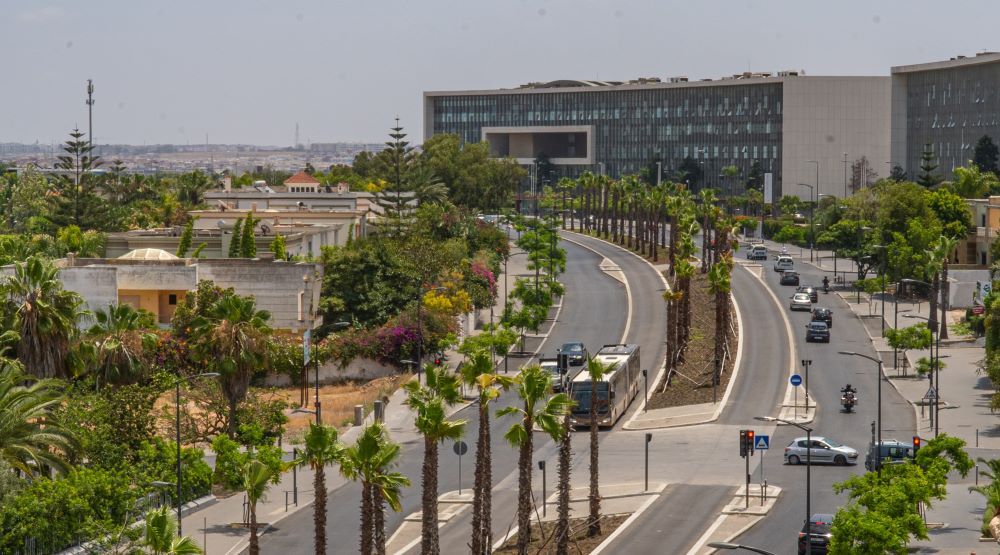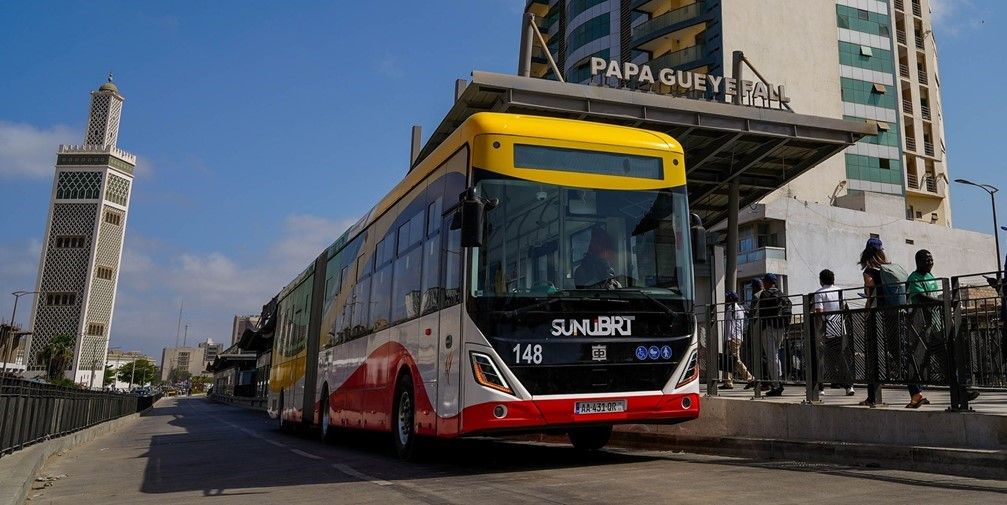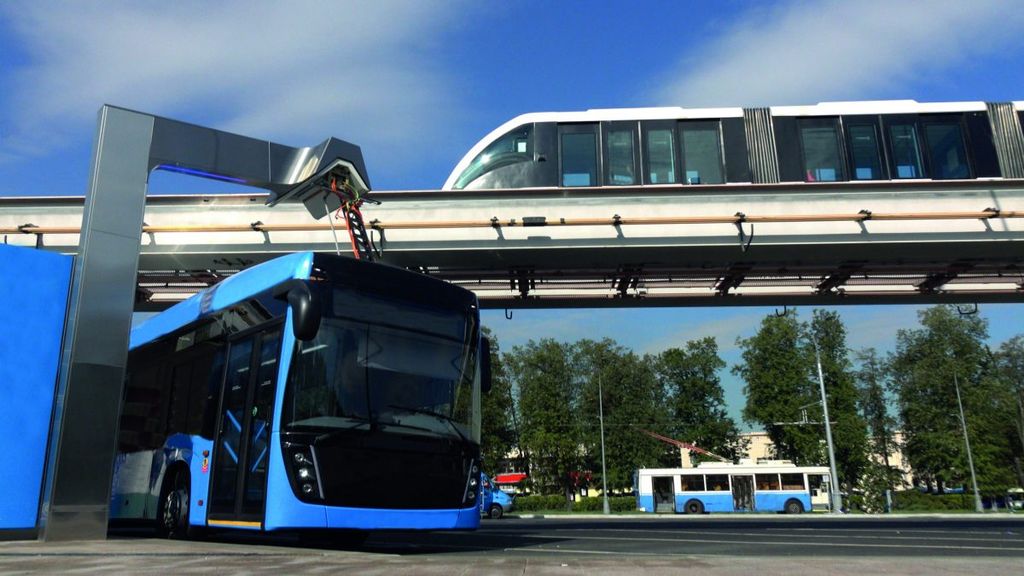
The right tools for the job: Supporting e-bus deployment in MENA
Shining a spotlight on electric mobility
It appears that here at UITP we are starting 2021 with a focus on electric mobility. And, why not?
With mounting concerns over climate change and increasing levels of urban air pollution, e-mobility is a favoured choice for many cities. Several governments have already opted to rapidly deploy electric buses in particular, in order to achieve their climate objectives.
So, following from last week’s Reports on electric buses in India we’re now coming to you with a Report on electric buses in MENA.
Do you have the right tools for the job?
Although electric buses have clear environmental benefits, their implementation requires careful analysis in consideration of local conditions, including operational and infrastructure characteristics and availability of resources.
Authorities and operators must adopt a system approach prior to e-bus deployment to understand the new technology and its components as well as the role of new stakeholders to ensure its success.
With the support of Friedrich-Ebert-Stiftung MENA Regional Climate & Energy Programme, this policy paper supports decision makers in MENA with the necessary knowledge, tools and frameworks to ensure successful electric bus deployments in the region.
In line with global climate and emission objectives, electric buses must be part of a broader low or zero emission mobility strategy with public transport at its core and support active mobility such as walking and cycling.
A four-phase approach to e-bus deployment
Amman, Jordan
Greater Amman Municipality (GAM) is improving its urban transport services by deploying 151 new buses. Of these, 136 are Euro V diesel buses and 15 are zero-emission electric buses, the first of their kind in Jordan.
This kind of development will contribute to improving accessibility and mobility for all user groups and the safety and efficiency of urban transportation. It will save an expected 280 tonnes of CO2 emissions per year compared with the use of existing cars, buses and taxis.
Membership benefits

